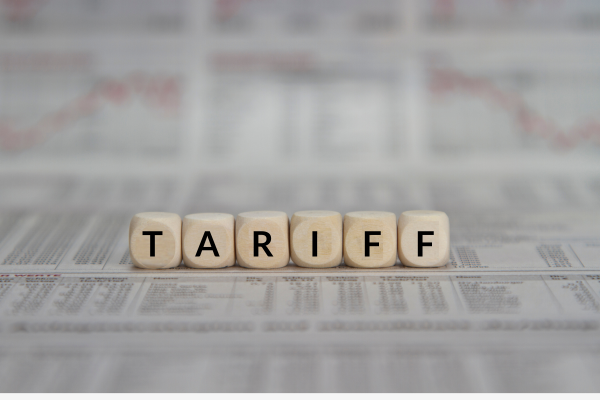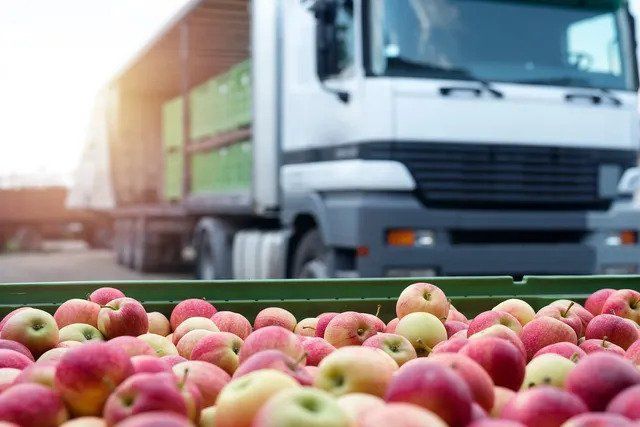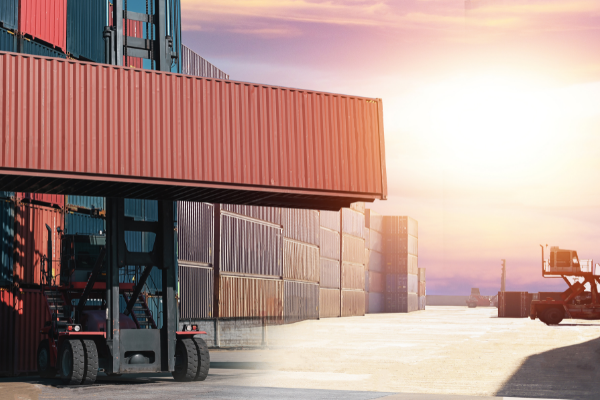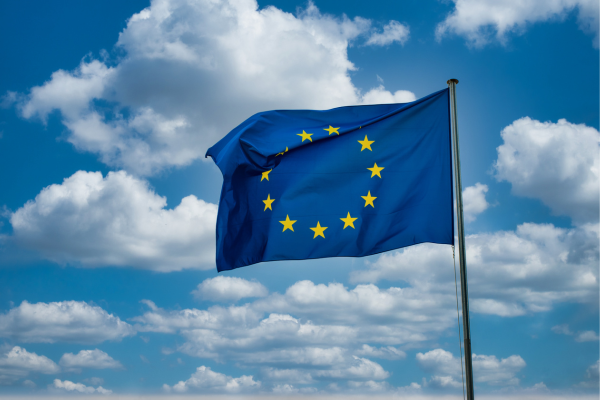BY:
SHARE:
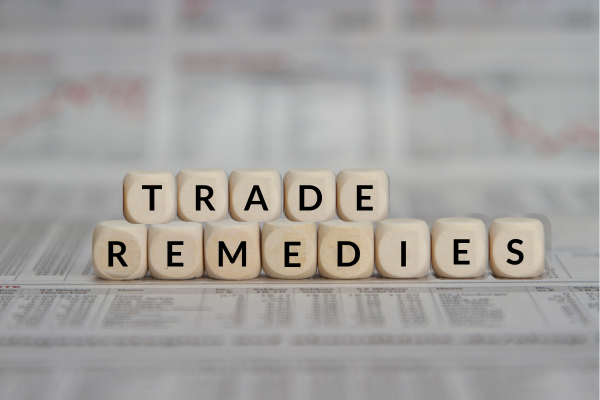
The need for trade remedies stems from the challenges of operating globally. Trading internationally carries risks, such as opening the domestic market to the threat of competition. Introducing trade remedies in these scenarios can counterbalance these threats, protecting the UK’s domestic industries. As of 2025, the United Kingdom imposes anti-dumping duties on various imported goods to protect domestic industries from unfair trade practices. These duties are additional charges levied on products sold in the UK at prices below their standard value, often due to subsidies or dumping by exporting countries.
Many countries provide direct or indirect subsidies to their producers or engage in dumping practices, which distort competition. In this article, we look at dumping, what it is, and what the Trade Remedy Authority does to counteract it. Dumping occurs when goods are imported into a country and sold at a price below their normal value in the country they are exported from.
Anti-dumping measures are a trade policy tool that aligns with the World Trade Organisation. The UK uses them when certain products are imported at an extremely low price, undercutting the domestic market (dumped prices). Anti-dumping duties are then implemented into the UK trade Tariff on these goods to counteract the extreme price difference for importing the goods and to protect the domestic market.
Dumping investigations
During a dumping investigation, the TRA conducts a comprehensive assessment to determine whether dumping causes or threatens to cause material injury to an existing UK industry or prevents a UK industry from being established.
Case Study on Suspension Polyvinyl Chloride (S-PVC) from the USA
In January 2024, the UK's Trade Remedies Authority (TRA) investigated allegations of dumping concerning suspension polyvinyl chloride (S-PVC) imported from the United States. The investigation aimed to determine whether these imports were being sold in the UK at unfairly low prices, causing material injury to the domestic S-PVC industry. The TRA concluded that S-PVC imports from the USA were indeed being dumped in the UK market, adversely affecting local producers. Consequently, in November 2024, the UK government imposed definitive anti-dumping duties on these imports.
For businesses involved in importing S-PVC from the USA, it's crucial to be aware of these duties and adjust pricing strategies accordingly. Compliance with the new duty rates is essential to avoid potential penalties and to ensure accurate cost forecasting. S-PVC domestic producers are expected to benefit from reduced price undercutting, allowing them to maintain market share and profitability.
Commodity Codes and Duty Rates:
The anti-dumping duties apply to S-PVC products classified under the following commodity codes:
- 3904 10 00 15
- 3904 10 00 80
The specific duty rates imposed are as follows:
- Formosa Plastics Corporation, USA: 38.43% (because they assisted the TRA in their investigations)
- All other US producers: 56.01%
These rates are applied to the net, free-at-the-frontier price of the goods before the addition of other import duties. Unless reviewed or extended, the measure will expire on January 10, 2030.
This move is aimed to restore fair competition and support domestic manufacturers. UK businesses importing the product from US producers need to address this financial impact, review alternative suppliers unaffected by the duties, and reduce, where possible, their dependency on U.S. imports. With reduced market pressure from cheaper imports, the UK producers of S-PVC are expected to see an increase in domestic orders within six months of the duty’s implementation.
Case Study on Mandarins from China pre-EU Exit
After the UK left the EU (EU Exit), some trade remedies were no longer applicable. The case study below is an example.
When the UK was still part of the EU, Spanish producers complained to the EU commission that cheap imports of Mandarin oranges and other similar citrus fruits from China were putting them out of business. Their production costs were higher, and they could not compete with the prices the Chinese imports were being sold at, so they caused what is known as “injury” to the commission.
In the next phase of the process, the EU Commission investigated the injury complaint. In the first instance, they monitored the volume of the imports. UK importers had to apply for a CAP license (Common Agricultural Policy) from the Rural Payments Agency to import the goods and monitor the number of these products coming in. This was replicated across the EU.
During the investigation, several EU importers tried to defend the imports, e.g., two unrelated EC importers argued that certain types of mandarins should be excluded from the product's definition because of their sweetness level or because of their packing when exported. These claims were not accompanied by verifiable information and data proving that these types had characteristics that highlighted the difference from the product concerned. It was also noted that differences in packing could not be considered a critical element when defining the product, especially when packing formats were already considered when determining the product concerned, and these arguments were rejected. There were other arguments, and the commission rejected them.
The provisional finding in the dumping investigation was a significant moment. It confirmed the link between the material injury suffered by the Community industry and the dumped Chinese imports, underscoring the necessity of anti-dumping measures to protect the EU's trade interests.
The anti-dumping duty was not one rate across the board but proportionate to the individual exporter/producer, ensuring a fair and balanced approach. This system, in addition to the standard CCT (Customs Clearance Tariff), made the anti-dumping duty payable, specifically on goods from China. The ADD was reviewed and re-imposed several times, the last time being in 2020.
Post-Brexit, the UK established the UK Trade Remedies Authority to regulate trade like the EU. The TRA only considers products where UK businesses would be affected, ensuring the protection of the UK's trade interests. For instance, the example of canned mandarin oranges, which still applies to the EU, does not apply to the UK Trade Tariff. Canned mandarin oranges can be imported to the UK from China without paying any additional duty, as there are no UK growers and producers of mandarins in the UK. However, as Northern Ireland operates under the UK and the EU Customs Union, this would apply to certain imports into Northern Ireland.
OneCall™ Email assistance as and when required; A one-call solution for all your import, export and customs enquiries. Export help. Import help. Customs help.
Stay informed about customs and international trade matters by subscribing to our OneCall™ service. This comprehensive offering includes a dedicated email helpline for support, timely practical updates direct to your inbox (Did You Know?), monthly UK Customs & Trade Briefings and access to an interactive members' area with an exclusive community for our subscribers.
International Trade Updates & Spotlight Newsletter
Subscribe to our free information emails covering international trade topics...

